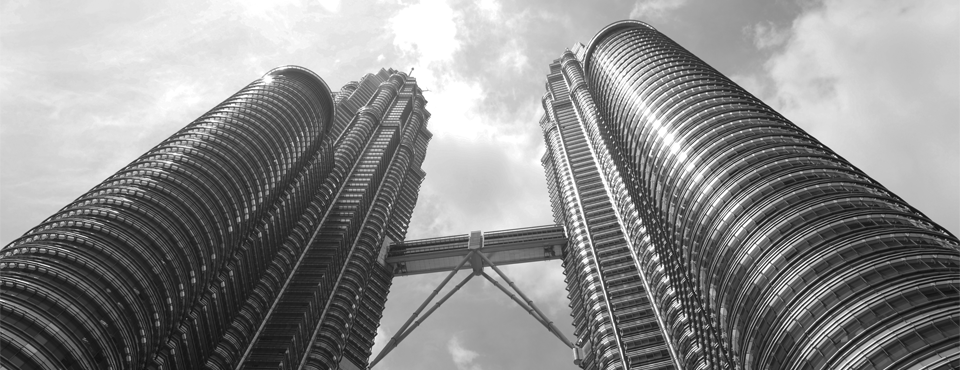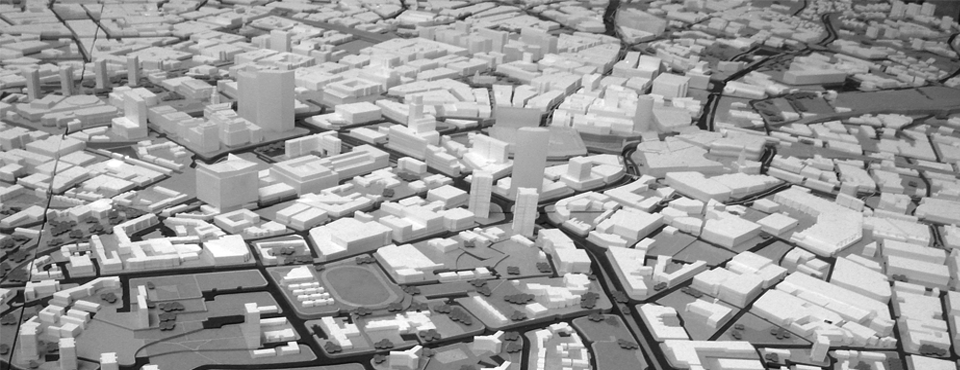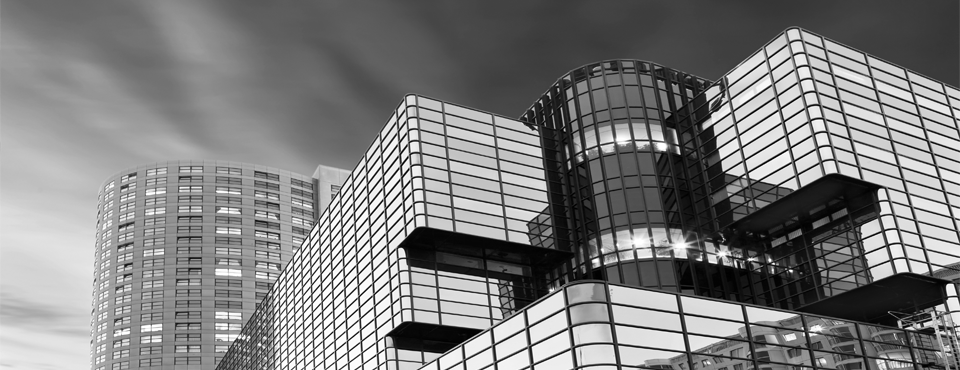
Why do shops cluster? Spatial competition and agglomeration in the Netherlands
Retail markets constitute a large fraction of the economies of most modern economies and facilitate the distribution of final goods and services to consumers. It seems that in general retail activities are clustered in city centres and secondary shopping centres. Does clustering of retailers imply larger profits or is this merely a result of urban planning? The master’s thesis Spatial Competition vs Spatial Agglomeration identifies and estimates the effect of being located close to other retailers of the same type on how much retailers pay for shopping space.

The economics of skyscrapers
7 out of 10 tallest buildings in the Netherlands are constructed after 2000, suggesting that skyscrapers become an increasingly common sight in Dutch cities. And the Netherlands isn’t alone. According to Council on Tall Buildings and Urban Habitat, there were 602 buildings higher than 200 metres around the world in Spring 2011, compared with 258 in 2000 and just 146 a decade before.

The internal structure of cities: the economics of agglomeration, amenities and accessibility
[this is the summary of my dissertation; click here for the Dutch summary] Introduction We have seen a vast increase in the number of people residing in urbanised areas in the last two centuries. It rose from about 7.5 percent in 1800 to more than 50 percent nowadays (Huriot and Thisse, 2000; Glaeser and…

Firm location choice and cities
We have seen a vast increase in the number of people residing in urbanised areas in the last two centuries. It rose from about 7.5 percent in 1800 to more than 50 percent nowadays. The number of urban megapolises is steadily rising: cities like New York, London, Tokyo, Mumbai and Rio de Janeiro become an…
- « Previous
- 1
- 2
